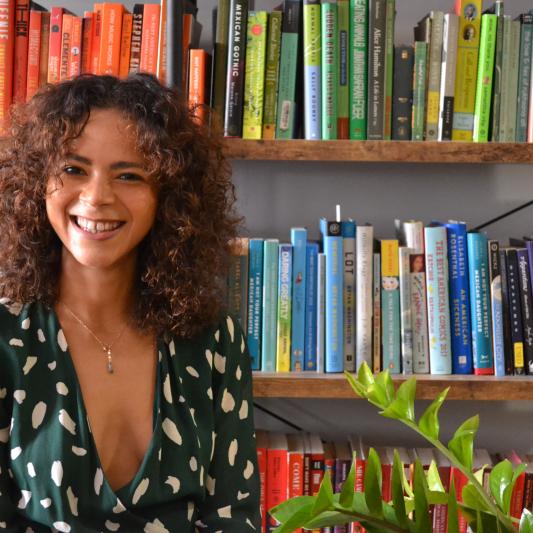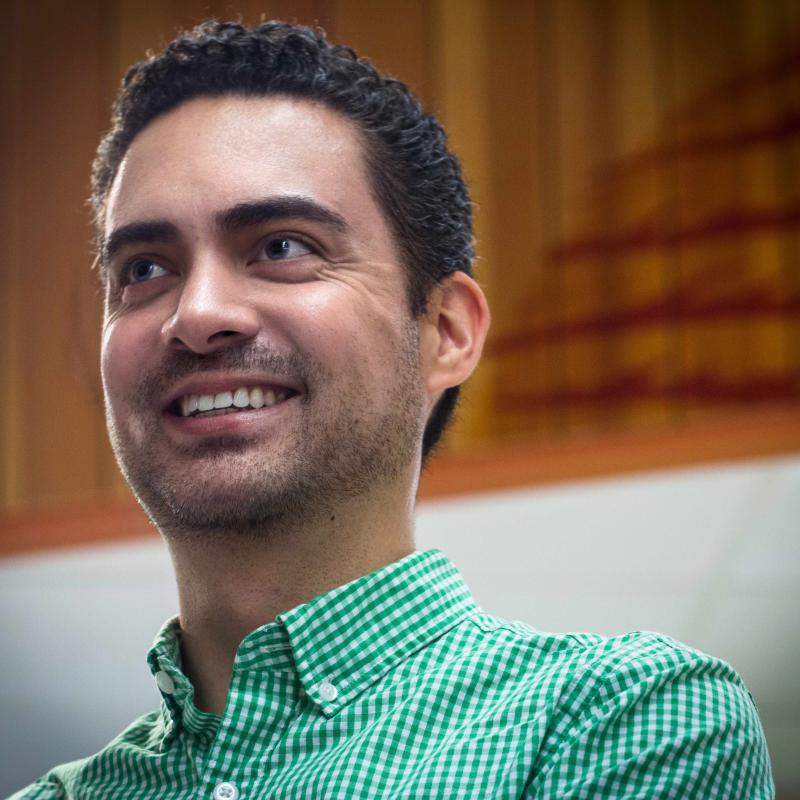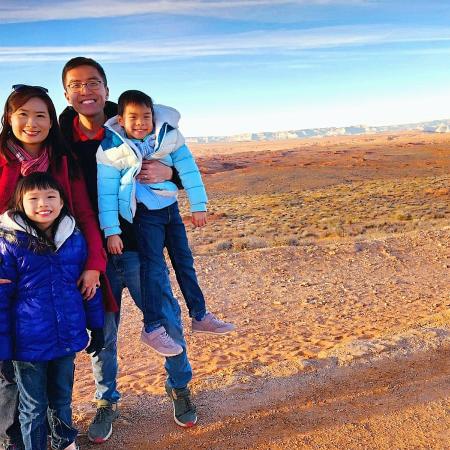
Kia Turner
After five years teaching at a Harlem middle school in New York City, Kia Turner is convinced that one of the best ways to improve education for Black and Brown students is to change how schools think about and deal with discipline. Standard methods, which often include suspension or expulsion, perpetuate a model that mimics incarceration and may in effect lead students into the prison system, Turner asserts.
A better approach, she says, is to examine and try to resolve the origin of harmful behavior by building up and investing in students and their voices at the community level. “We need new ways of thinking about punishment and justice,” she says.
From an early age, says Turner, “school was my thing.” Inspired by her grandfather, a trailblazing Army physician once referred to as “the Jackie Robinson of military medicine,” Turner set her sights on Harvard, which her grandfather had attended as a graduate student. She originally planned to be a corporate attorney, she says, but once at Harvard switched to education, where she was part of the first cohort of a program that places graduates in underserved schools for a four- to seven-year commitment.
A 2021 Knight-Hennessy scholar at Stanford, she will begin pursuing a PhD in the GSE’s Race, Inequality, and Language in Education (RILE) program this fall while also completing work for a law degree at Yale. Her goal is a career at the intersection of racial justice, prison abolition and education, she says, helping to “create a society where needs are met.”
Photo courtesy of Kia Turner



